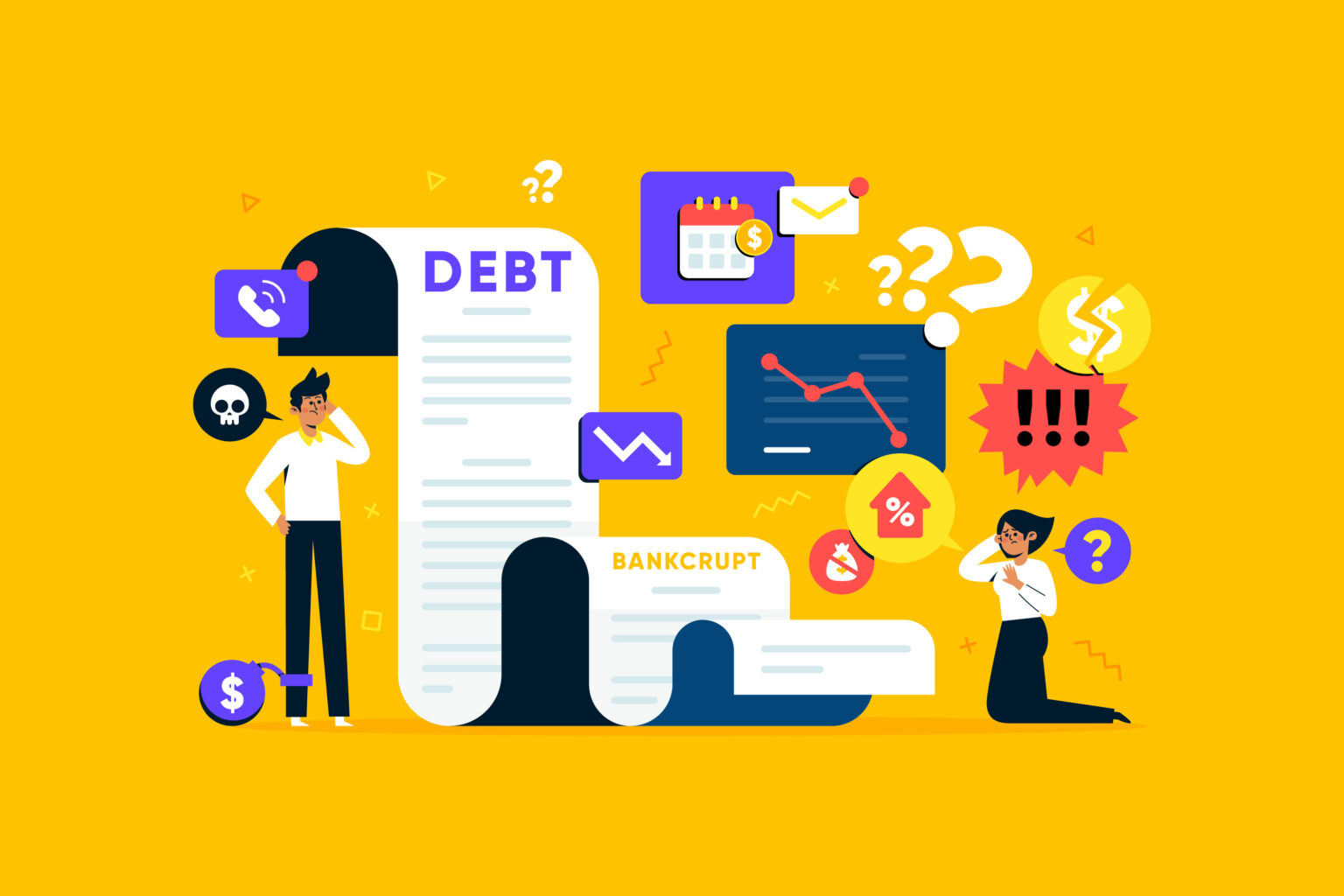Business, product, and sales are the three key drivers of any business. But most of the times businesses only focus on their product and the third one rarely receives any attention. It is because they consider collecting cash as a given purpose. However, the success of any B2B company also depends on its ability to manage the receivables collection to function efficiently.
And so, it receives quite an attention as well as an investment than what it usually gets moreover, it depicts the financial health of your company.
The reason behind organizations not giving adequate forethought to their sales is due to lack of staff, strategy, tactics, and systems that fail to deliver exceptional results. The repercussions of which include interrupted supply. Also, businesses find that most of their customers are using their business as a bank, with many overdue invoices all of which can directly impact the cash flow and the growth prospects of the company.
This article will help you explore the possible ways how you can increase your company’s cash flow performance with better technology, performance and planning.
To maintain healthy working capital, and cash flow at all times a strong B2B procedure is required. Let us understand Accounts Receivable Management before knowing about the B2B debt collection procedure.
MANAGEMENT OF B2B ACCOUNTS RECEIVABLES: OVERVIEW
The process of collecting money for selling your products/services over a period of time is referred to as accounts receivable. Businesses usually accept the entire contract amount as a single large-term or regular payment made over a period of time.
The four best practices for Accounts Receivable management include:
- Having a fair knowledge about the payment terms like payee, the due date of the payment, where to pay, how to pay and etc.,
- Consistent invoicing that helps itemize and record a transaction between a buyer and a seller
- Providing automated provisions for accepting payments,
- Having a good collection policy is among the best practices.
These practices hold true for all business models. But some businesses may face obstacles, especially those whose consumers are other businesses and in such a case one may look forward to an Accounts Receivable collection agency.
Now let us understand the major risks that differentiate B2B Debt collection from the consumer and retail debt collection.
1. Less Numbers Of Customers
Small businesses that are into debt collection and those supplying specialist markets or businesses have very little and tight-knit business opportunities. Small businesses have only a few potential consumers and they usually know each other.
And one should know those negative things like the sensitive situations of the business or mishandling the debt collection can spread faster as bad news which can cause irreversible damage to your reputation and market share.
2. INDUSTRY -SPECIFIC RESULTS
Cash flow into your organization is directly dependent upon how your B2B debt collection company sells its products and services. Whether they sell it upstream or downstream, the information or strategy is quite sensitive to economic, regulatory, and factors like the supply-demand.
Initially, your company growth may boom but the next thing is your company is fighting for its survival. An affected supply chain due to its past uncleared receivables can have a critical impact on your business. That is why it’s quite vital to have an effective strategy in place to reinforce high payment priority in order to avoid being trapped in a repeating falling-dominoes effect. The difference between success and failure is related to a good collection agency and its proactive monitoring.
3. INCREASED STAKES
In the B2B businesses, the purchase volumes are basically orders of magnitude that are larger than consumer sales. Whereas, retail sales can be spread across numerous buyers, or can be a single contract for an industrial manufacturer or distributor or an amount to a mere handful of orders.
In such a case an organization is under an increased stake as a single deal gone can have crippling repercussions for a B2B vendor.
4. TOUGHER CONCILIATION
Higher levels of sophistication can be expected by Accounts Receivable managers in business-to-business debt collection. Whereas, in consumer and retail debt collection its not necessary. Bargaining is usually done with qualified Accounts Payable specialists who are functioning under specific directives or with the company’s owners.
There are various approaches that may work differently or can also have disastrous repercussions, especially in cases where a senior entrepreneur is toughened by many economic downturns or has endured earlier business failures or facing new difficulties.
B2B collections become more challenging in case of bankruptcy as it is hard to recover losses and you’re up against banks and secured creditors.
5. ONLY ALTERNATIVES IS TO PURSUE DEBT COLLECTION
Taking the responsibility of collecting money on their own should be vital for the businesses, but they should also be aware of the risks as their business is at stake.
They should have good negotiation and research skills. When contacted by an Accounts receivable (AR) team, a collector must be patient as the debtors can go on the attack. Also, the AR tram should be patient and have a cool, professional attitude and firm demeanor at all times while collecting receivables.
They must set follow-up-time-frames, and specify payment for the debtors. If deadlines are not met, they must immediately notify the debtor and put on hold orders if any.
Final Thoughts
The business, on the other hand, harms its own cash flow by not collecting on unpaid invoices. While you may not be owing money on your credit report, it can affect the amount you can borrow from the bank and your credit limit.
Increased use of available credit has a negative impact on a company’s credit rating. Don’t let other people’s business troubles become your problems if you’re not willing to engage a debt collector.
Debt collectors, like any specialist industry, are difficult for a layperson to understand. A competent and trustworthy collector can assist you in deciphering the facts.




